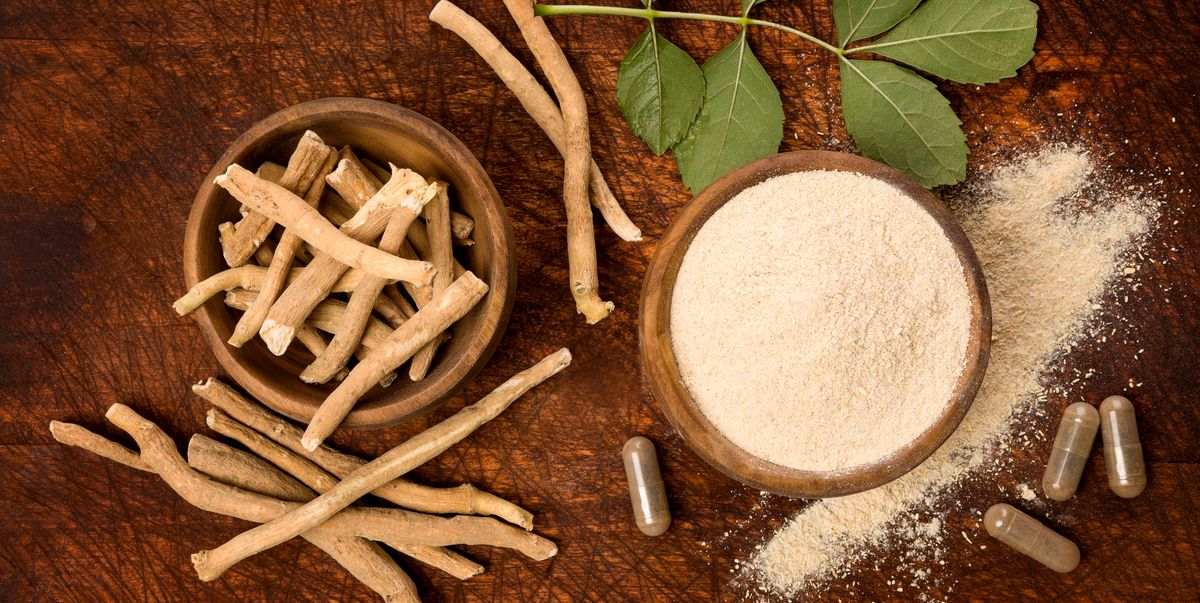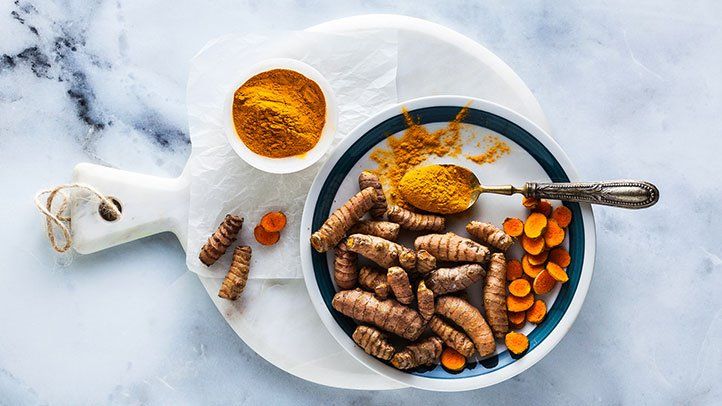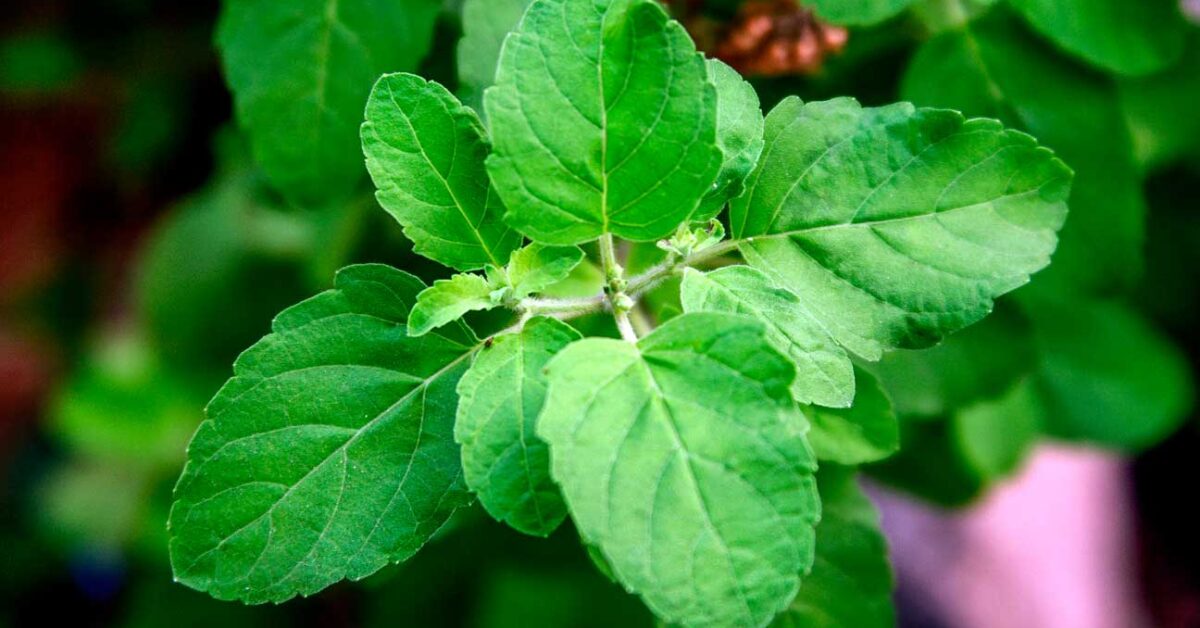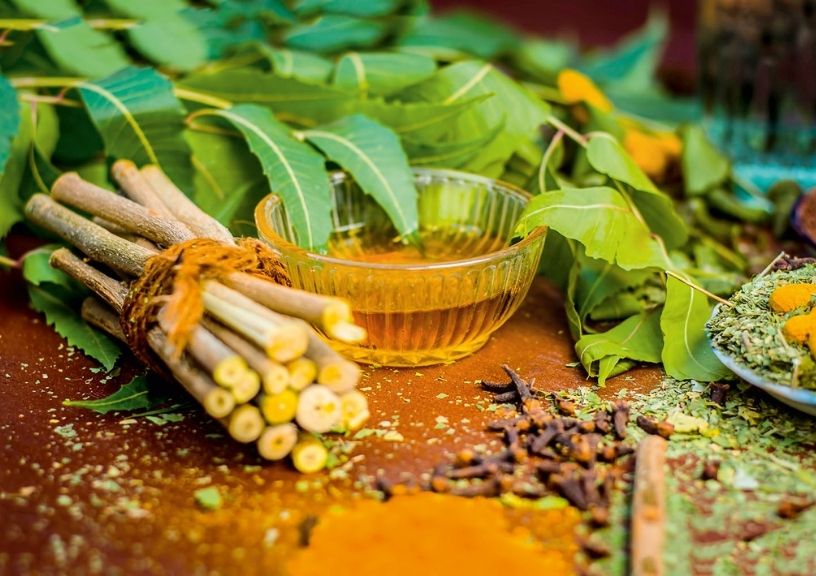Introduction
The term "Ayurveda" is one of the world's oldest healing systems. More than 3,000 years ago in the Indian subcontinent, Ayurveda was developed. According to principles of Ayurveda, OJAS or in other words VIGOR is believed to be responsible for the overall health, well-being, intelligence, immunity and thought-process of humans. It is not only important for disease prevention but also for speedy recovery from any kind of illness.
There are various Recreation ways to reinforce Ojas or vigor. They produce physical and mental resistance against diseases, thus improving overall health. Ayurveda's described the uses of different types of ojas-promoting Medicinal Plants. These can be absolutely helpful in improving overall immunity of a person.
Herbs are the main raw elements that have anti-oxidants, immunomodulators, anti-microbials, anti-inflammatoryquality aid in digestion. It also cleanse toxins and help boost our immunity.
Here are some Commonly described herbs in Ayurvedic literature which help to boost our immunity:
- 1) Ashwagandha (Withania somnifera) - Ashwagandha is an evergreen herb shrub that grows in Asia and Africa. It is most commonly used for stress. Chemical Composition of Ashwagandha contains chemicals that help in calming the brain, lower blood pressure, reduce swelling, and alter the immune system. It is used for curing many stress related conditions. Adaptogens are believed to help the body in physical and mental stress resistance. It is used for curing insomnia, aging, anxiety and many others, although there is no good scientific evidence to support most of these uses but its qualities can not be denied. Ashwagandha and Physalis alkekengi looks similar and both are known as winter cherry so don't gt confused. Also, ashwagandha and American ginseng, Panax ginseng, or eleuthero looks similar, so don't get confused.
- Can reduce blood sugar levels.
- have anticancer properties.
- Can reduce cortisol levels.
- May help reduce stress and anxiety.
- May reduce symptoms of depression.
- Can boost testosterone and increase fertility in men.
- May increase muscle mass and strength.
- May reduce inflammation.
- May lower cholesterol and triglycerides.
- May improve brain function, including memory.
- Is safe for most people and widely available.
- 2) Turmeric - Turmeric is considered to be most beneficial for boosting immunity and also has healing properties. The curcumin (yellow element) in turmeric has properties that help in stabilising the immune system. It benefits people with chronic conditions like diabetes, arthritis, asthma, etc. Drink milk with turmeric in it to get the benefits of this spice. You can also cook turmeric with your food to increase immunity. This flavor-filled spice is primarily cultivated from the rhizomes, or roots, of a flowering plant that grows in India and other parts of Southeast Asia, and aside from giving curry its vibrant yellow color, turmeric is also known for having potent anti-inflammatory and antioxidant properties, according to a past review.
- May Help Protect Against Heart Disease.
- Curcumin within Turmeric May Help Prevent Certain Types of Cancer.
- May Help Ease Symptoms of Osteoarthritis.
- May Help Treat or Prevent Diabetes.
- Curcumin May Help Delay or Reverse Alzheimer’s Disease.
- May Play a Role in Depression Treatment.
- May Play a Role in Treating Rheumatoid Arthritis.
- Turmeric May Improve Skin Health.
- Turmeric Protects Your Body From Free Radicals.
- Turmeric May Work as an Anti-Aging Supplement.
- Curcumin May Prevent Eye Degeneration.
- 3) Ginger - Ginger is a flowering plant that originated in Southeast Asia. It’s among the healthiest (and most delicious) spices on the planet. Ginger can be used fresh, dried, powdered, or as an oil or juice. It’s a very common ingredient in recipes. It’s sometimes added to processed foods and cosmetics.
- Fights Germs.
- Keeps Your Mouth Healthy.
- Calms Nausea.
- Soothes Sore Muscles.
- Eases Arthritis Symptoms.
- Curbs Cancer Growth.
- Lowers Blood Sugar.
- Eases Period Pains.
- Lowers Cholesterol.
- Protects Against Disease.
- Relieves Indigestion. Easing a cold or the flu
- 4) Tulsi or Basil - Tulsi or Holy Basil is a revered plant in India and an integral part of many households. Many of us are already familiar that it is valued for its excellent medicinal properties. The aromatic oval-shaped leaves of tulsi, the scientific name of which is Ocimum Sanctum, is one of the herbs used in alternative medicine like Ayurveda for its immense therapeutic effects. We live amidst various health risks and rising cases of health problems such as diabetes, obesity, cancer, etc. At the same time, we are blessed to have a magical herb given by nature with tremendous healing powers. In this article, we share some of the benefits of tulsi leaves that you can enjoy and lead a healthier life all around.
- Use its fresh flowers for bronchitis.
- Use the leaves and seeds, with black pepper, for malaria.
- Use the whole plant for diarrhea, nausea, and vomiting.
- Use the pill and ointment form for eczema.
- Use an essential oil made from the leaves for insect bites.
- Stimulate and vitalize your body.
- Protect against infection and treat wounds.
- Lower your blood sugar.
- Lowers Cholesterol.
- Protect your stomach.
- Treating kidney stones.
- Maintaining dental health.
- Treating mouth ulcers.

Health Benefits of Ashwagandha

Health Benefits of Turmeric

Health Benefits of Ginger

Health Benefits of Tulsi/Basil

Health Benefits of Amla
- Amla is cooling in nature and can help remove excess body heat, thus often recommended in pitta conditions.
- Amla is helpful in afflictions of the gastro-intestinal tract.
- Amla is also believed to stimulate regeneration of red blood cells and help improve haemoglobin content in body.
- Due to its anti-inflammatory properties, it can help soothe joint pains.
- It can be taken to reduce mental and physical fatigue
- It is very helpful in bopsting immunity.












